
Projects
Our projects
Shaping the future
Through innovation, close dialogue with our customers and partners, we create tomorrow’s solutions. Our key projects include HRWS C-band SAR, a radar satellite tailored for maritime surveillance, effectively monitoring Norway’s vast ocean areas; ADIS, a lab in space; VDES, a VHF Data Exchange System aimed at enhancing maritime safety and digital shipping operations; and a subsea fibre optic cable project to establish high-speed connections for Jan Mayen and Svalbard.
These initiatives underscore our dedication to advancing technology for governmental and societal needs.
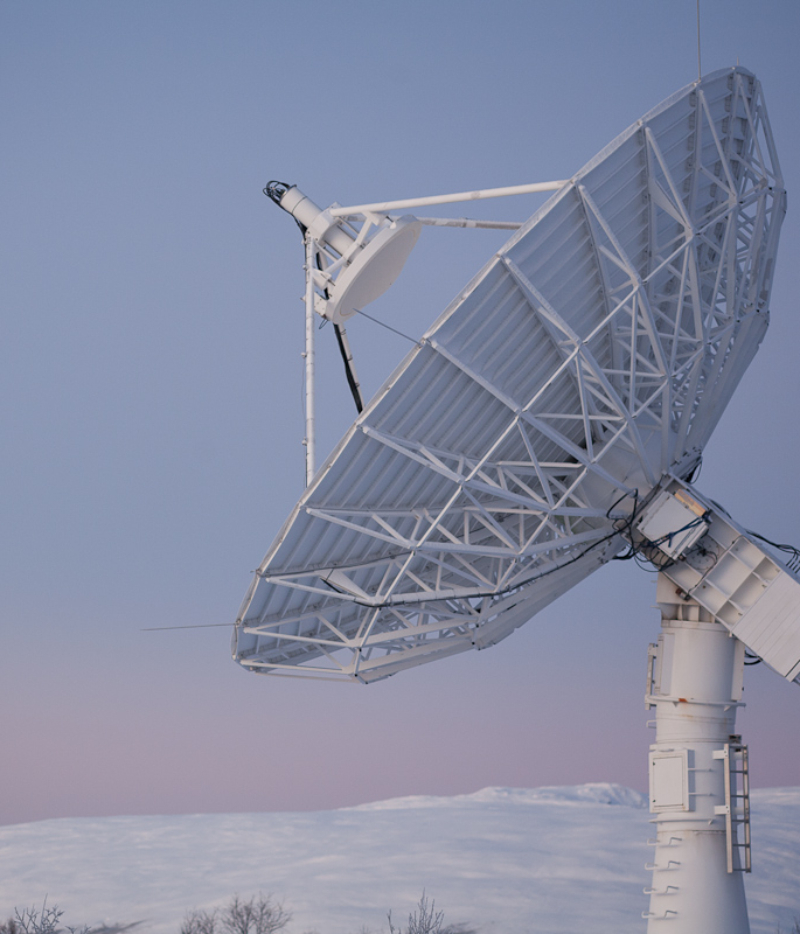
Subsea cables
Bridging the Arctic, connecting societies.
Jan Mayen, a remote island in the Arctic Ocean, is a critical site for meteorological observations, research, and military operations. To support its vital functions, we are spearheading the establishment of a fibre optic subsea cable to the island, thereby enhancing connectivity and providing stable communication infrastructure.
This initiative not only aims to improve the quality of life for Jan Mayen’s residents but also addresses the harsh Arctic conditions that complicate such installations. Additionally, by extending the cable to Longyearbyen on Svalbard, we can offer a cost-effective solution to maintain internet access for Svalbard’s society, especially as the existing cables near the end of their expected lifespan.
The objective is to ensure the new subsea fibre connection to Svalbard and Jan Mayen is fully operational by 2028.
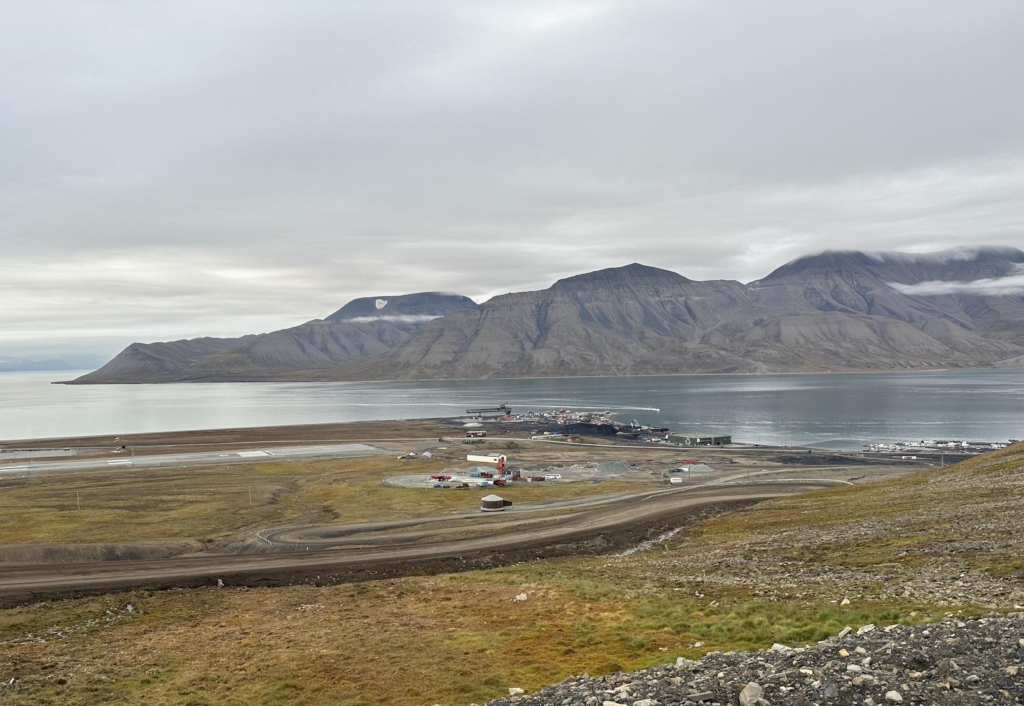
HRWS C-band SAR
A vigilant eye over Norway’s ocean frontiers.
The HRWS C-band SAR radar satellite is specifically designed for maritime surveillance, utilising advanced technology to monitor Norway’s vast ocean areas, enhancing both security and environmental oversight. This satellite will effectively monitor expansive regions, track ship traffic, combat illegal fishing, and support maritime rescue missions.
The key advantage of radar surveillance is its ability to detect objects even in darkness or cloudy conditions. Leveraging cutting-edge capabilities, HRWS C-band SAR will provide extensive coverage and uniquely detect small targets, a feature unmatched by any existing satellite system.
Construction of the satellite commenced in 2022, with the launch of the satellite scheduled for 2027.
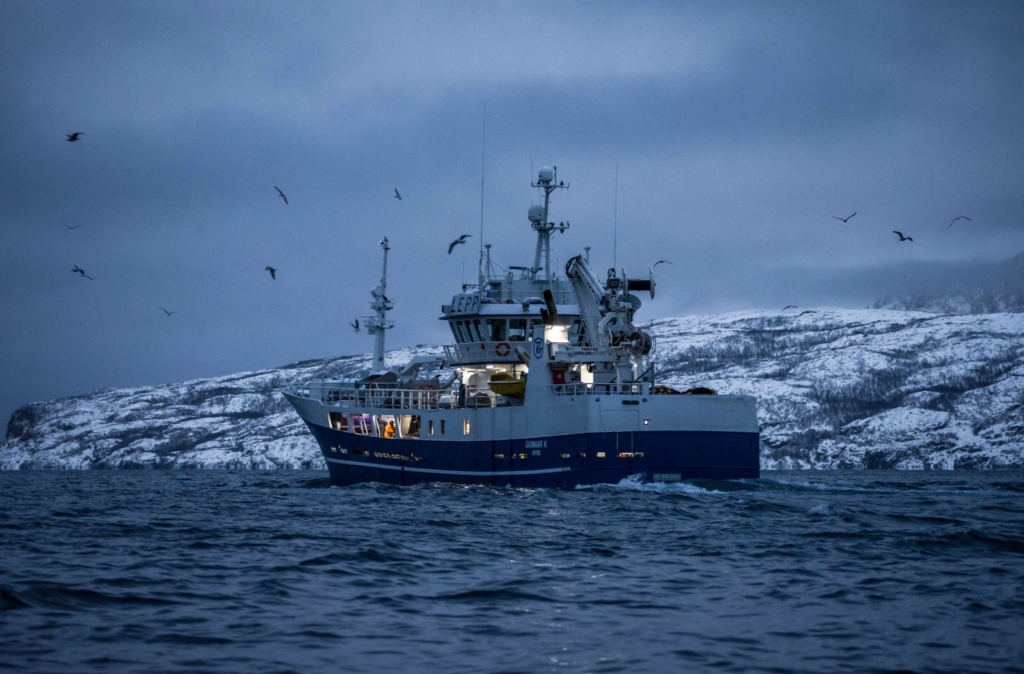
VDES
Navigating safety, enhancing efficiency.
The VHF Data Exchange System (VDES) is designed to enhance maritime safety and operations through reliable data communication, leveraging e-navigation and digitalisation. Utilising VHF frequencies, VDES offers improved bandwidth and coverage compared to traditional AIS systems, facilitating superior navigation, monitoring, and coordination at sea.
This innovative system underscores our commitment to advancing maritime communication and supporting international maritime operations. VDES will become a crucial communication platform for worldwide ship traffic, significantly contributing to the increased safety and modernisation of the shipping industry.
Space Norway expects the commercial deployment of VDES to commence in 2027.
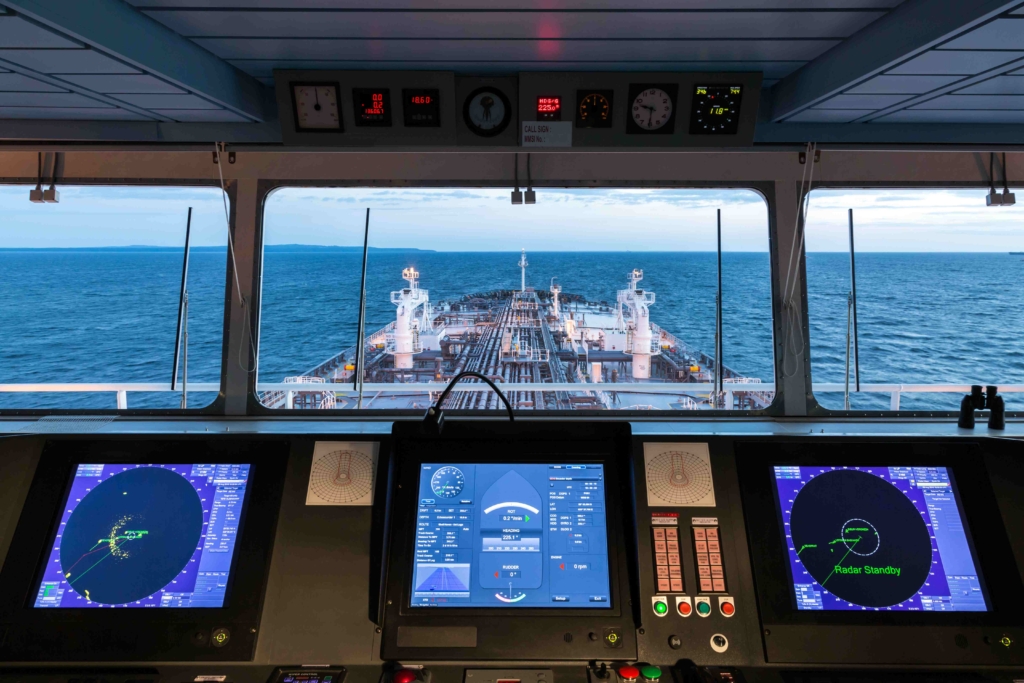
ADIS
A laboratory in space.
The Application Development Infrastructure in Space (ADIS) microsatellite will provide space-based infrastructure as a service for Space Norway and its partners. This innovative platform supports a wide range of applications, facilitating advanced research, development, and operational capabilities in space.
Featuring an advanced software-defined radio operating across broad frequency ranges, ADIS offers exceptional flexibility for research, innovation, and business development. As the first mission to demonstrate the Internet of Things (IoT) in new frequency bands, ADIS aims to make space-based tests and demonstrations simpler, faster, and more cost-effective than developing individual satellites.

Arctic Ocean Surveillance
Supporting EIDEL in their vital programme.
While Space Norway does not oversee the Arctic Ocean Surveillance programme, we take pride in supporting the Norwegian company EIDEL in their development of this satellite
Space Norway is responsible for two payloads on board the satellite, and we provide support with consultancy services to EIDEL as well.
Together with EIDEL we ensure new national capabilities in the Arctic.
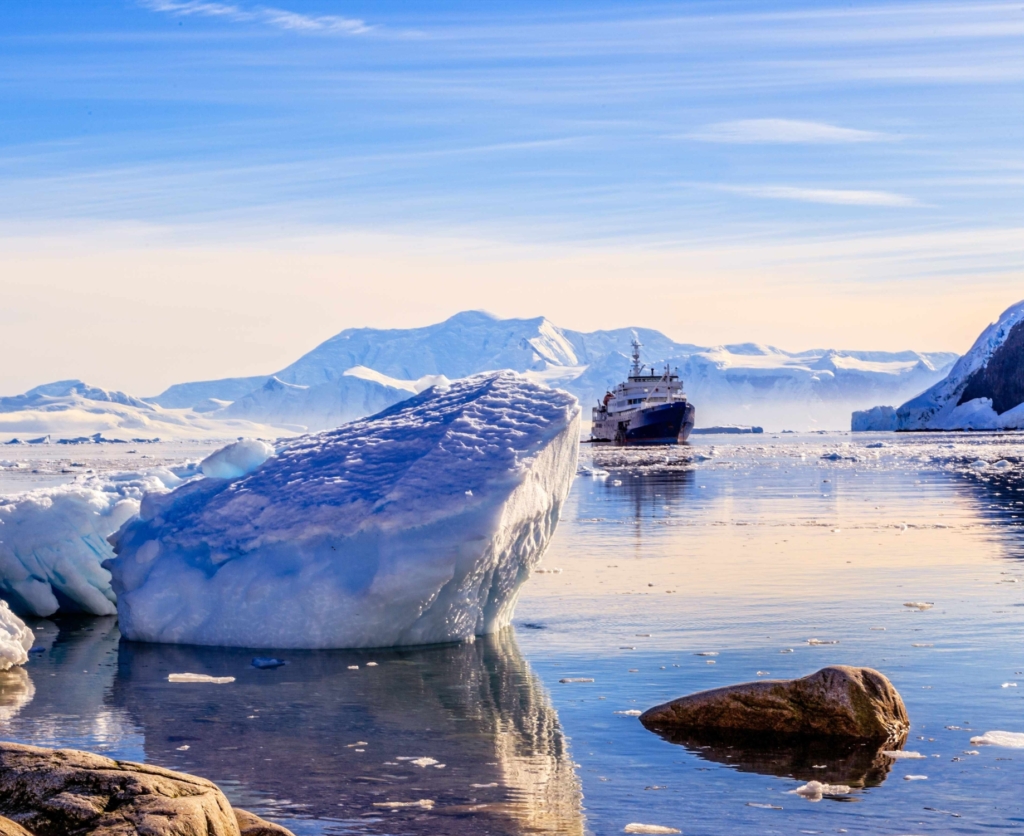
-
Are you interested in learning more about our projects?
Reach out to our team to discuss our current initiatives and to explore potential collaborations pushing the boundaries of technology in space, on land and at sea.
Discover more
-

Government
-

Civil
CivilAdvancing infrastructure for a connected society.
-

Partnerships